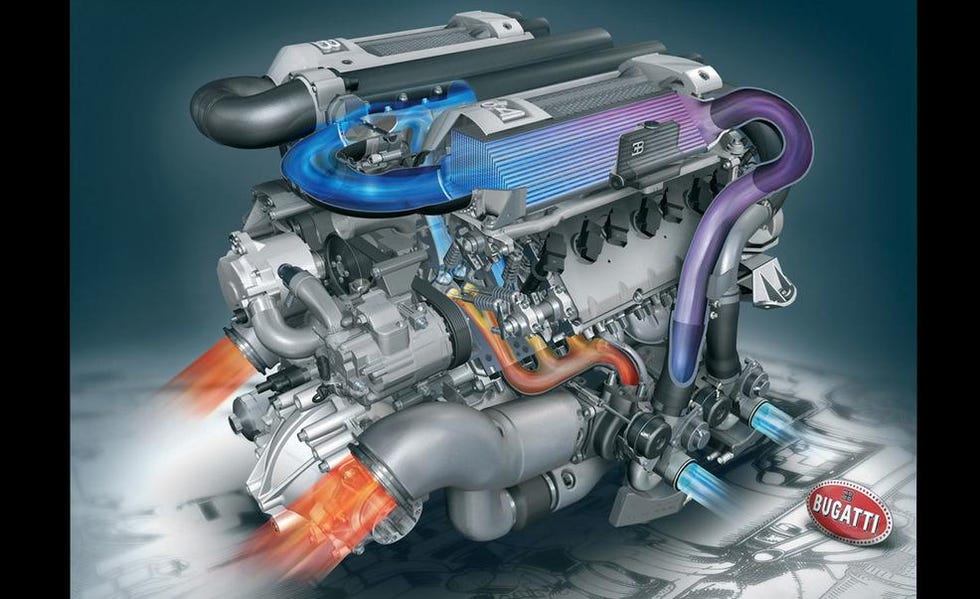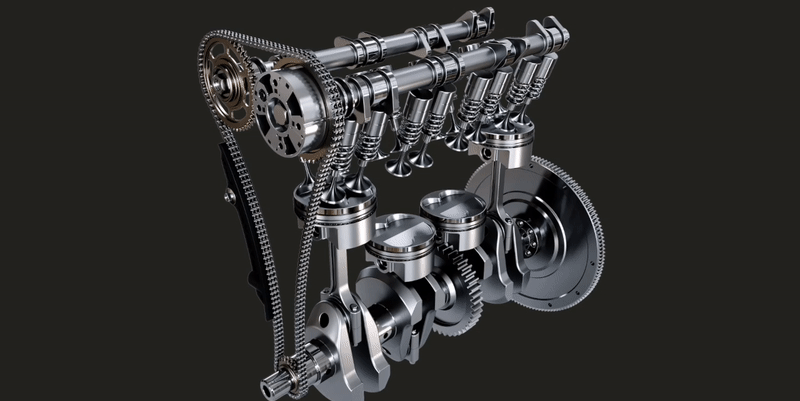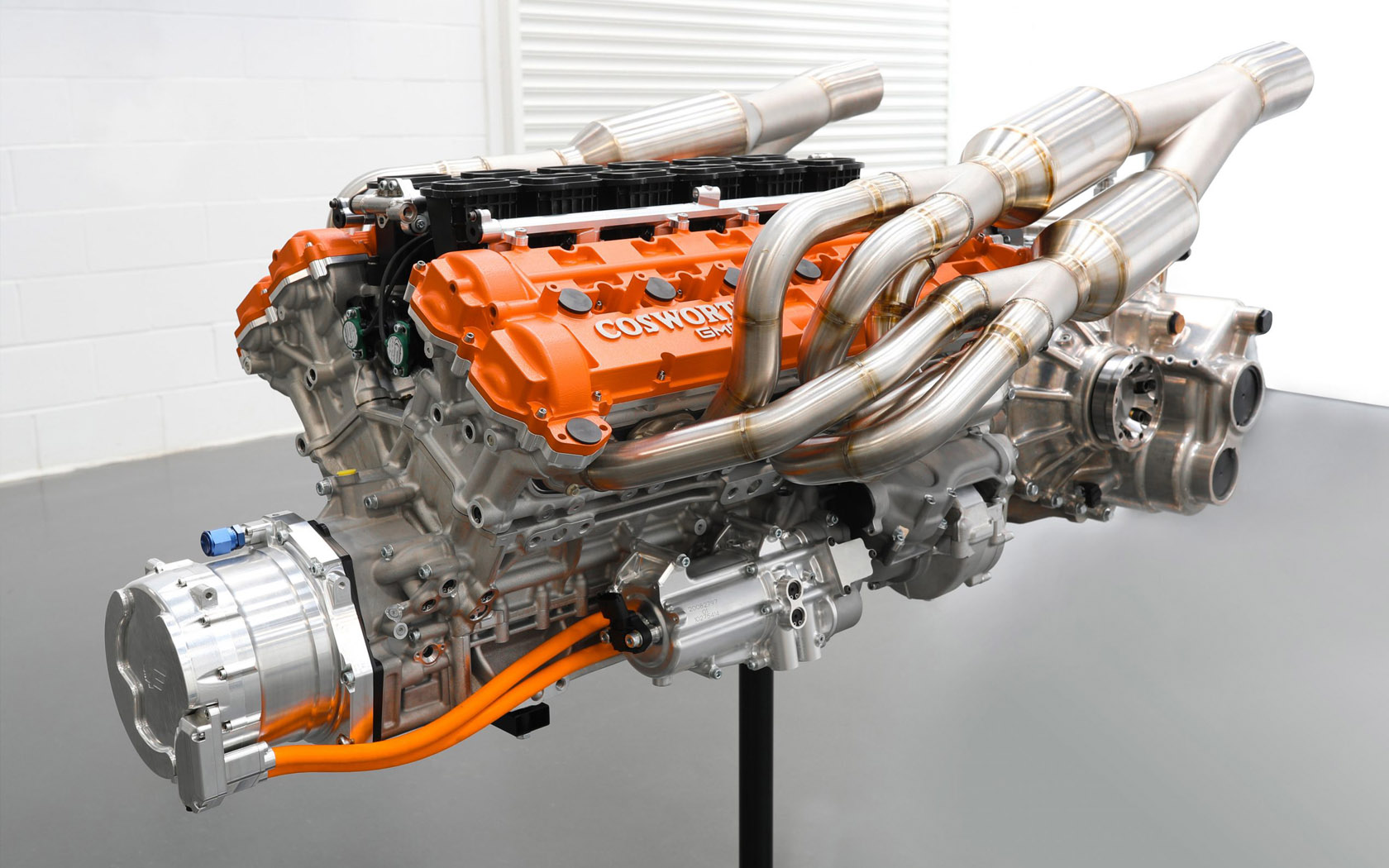The Very Best Offers on Engines For Africa's Reliable Products
The Very Best Offers on Engines For Africa's Reliable Products
Blog Article
Check Out a Vast Array of Engines for every single Car and Function
The automotive landscape is progressively intricate, with a diverse variety of engine kinds designed to meet particular efficiency and efficiency demands throughout numerous automobile categories. Additionally, heavy-duty engines offer the demands of work cars, while green alternatives are acquiring traction in the quest of sustainable transportation.
Types of Automotive Engines
Automotive engines can be categorized into several unique types, each developed to satisfy certain performance and effectiveness needs. One of the most common categories consist of inner combustion engines, electric engines, and hybrid systems.

Electric engines, on the various other hand, operate electrical power kept in batteries, offering instant torque and no discharges. These engines are becoming increasingly popular due to developments in battery technology and the expanding emphasis on sustainability.
Crossbreed systems combine both inner combustion and electrical engines, allowing lorries to enhance gas effectiveness and reduce discharges by perfectly changing in between power sources. Each engine kind presents its benefits and negative aspects, influencing factors such as lorry style, planned use, and market need. When selecting the appropriate engine for their certain demands., understanding these differences is essential for consumers and makers alike.
Performance Engines for Sports Cars
Performance engines for sports autos are particularly crafted to supply boosted rate, power, and dexterity, setting them aside from common automobile engines. These engines commonly make use of innovative technologies such as turbocharging, turbo charging, and variable shutoff timing to maximize efficiency and responsiveness.
Usually, efficiency engines are made with higher compression proportions, which permit for greater energy extraction from fuel. This causes excellent horse power and torque figures, allowing rapid acceleration and greater top speeds. Moreover, the light-weight materials used in these engines, such as light weight aluminum and carbon fiber, contribute to decreased overall automobile weight, improving handling and ability to move.
Engine arrangements like V6, V8, and even hybrid systems prevail in efficiency cars, each offering distinct benefits in terms of power shipment and driving characteristics. The adjusting of these engines is additionally vital; numerous suppliers maximize the engine monitoring systems to offer an exciting driving experience, often including sporting activity modes that change throttle action and gear changes.
Efficient Engines for Daily Commuters
In the realm of daily commuting, effective engines play a crucial function in maximizing fuel economic climate and decreasing discharges while supplying reliable performance. As city populations expand and environmental worries magnify, the demand for automobiles equipped with effective powertrains has actually surged.
Modern engines developed for day-to-day commuters usually incorporate innovations such as turbocharging, direct gas shot, and crossbreed systems. Turbocharging boosts engine effectiveness forcibly more air into the combustion chamber, enabling smaller sized, lighter engines that do not jeopardize power result. Straight gas shot boosts fuel atomization, bring about better combustion and increased efficiency.
Hybrid engines, integrating internal burning with electric power, more augment gas economic climate, specifically in stop-and-go website traffic, where traditional engines can experience inadequacies. Electric motors assist throughout velocity and can run independently at reduced rates, lowering general gas usage.
Additionally, developments in engine administration systems and lightweight materials add significantly to efficient engine design. By concentrating on performance, durability, and environmental sustainability, suppliers proceed to provide engines that not only fulfill the needs of everyday commuting however also straighten with worldwide efforts to decrease carbon impacts.
Heavy-Duty Engines for Work Cars
Sturdy engines for work vehicles are consistently engineered to supply exceptional torque and integrity under demanding conditions. These engines are designed to execute in atmospheres where conventional engines may fail, such as building sites, logging procedures, and farming settings. The main emphasis of sturdy engines is their capability to create high levels of power while keeping toughness over prolonged durations of operation.
Commonly, durable engines utilize innovative materials and robust construction strategies to endure the roughness of hefty workloads. Attributes such as enhanced cylinder blocks, boosted cooling systems, and progressed fuel shot technologies contribute to their effectiveness. These engines usually operate at reduced RPMs, which aids to optimize gas efficiency while offering the needed power for hauling and hauling.
Along with mechanical robustness, Go Here durable engines are usually geared up with advanced digital control units (ECUs) that manage performance, discharges, and diagnostics. This integration enables better monitoring and upkeep, making sure that job lorries continue to be operational and effective.
Ultimately, durable engines are an important component in the productivity of different sectors, giving the essential power and integrity to deal with the hardest of jobs.
Eco-Friendly Engine Options
The expanding emphasis on sustainability has caused the growth of eco-friendly engine alternatives that focus on lowered exhausts and enhanced fuel performance. These engines are developed to reduce the environmental influence of cars while still supplying the efficiency and dependability expected by customers.
Among the most notable eco-friendly alternatives are electric and hybrid engines. Hybrid engines integrate typical interior burning engines with electric propulsion, enabling for lowered fuel consumption and lower greenhouse gas emissions. Electric engines, on the various other hand, run totally on battery power, producing absolutely no tailpipe emissions and contributing to cleaner air quality.
One more promising growth is the advancement of biofuel engines, which use renewable energies, such as plant materials, to power automobiles (Engines For Africa). By utilizing biofuels, these engines can lower reliance on fossil gas and reduced total carbon impacts

As the automotive industry evolves, green engine choices will play an essential role in driving the transition in the direction of more lasting transportation solutions.
Verdict
From high-performance engines that improve sporting activities automobile capacities to efficient designs prioritizing gas economic climate for day-to-day commuters, each kind serves a certain feature. Heavy-duty engines provide to durable job vehicles, while environment-friendly alternatives, such as electrical and biofuel engines, promote sustainable transport.

Report this page